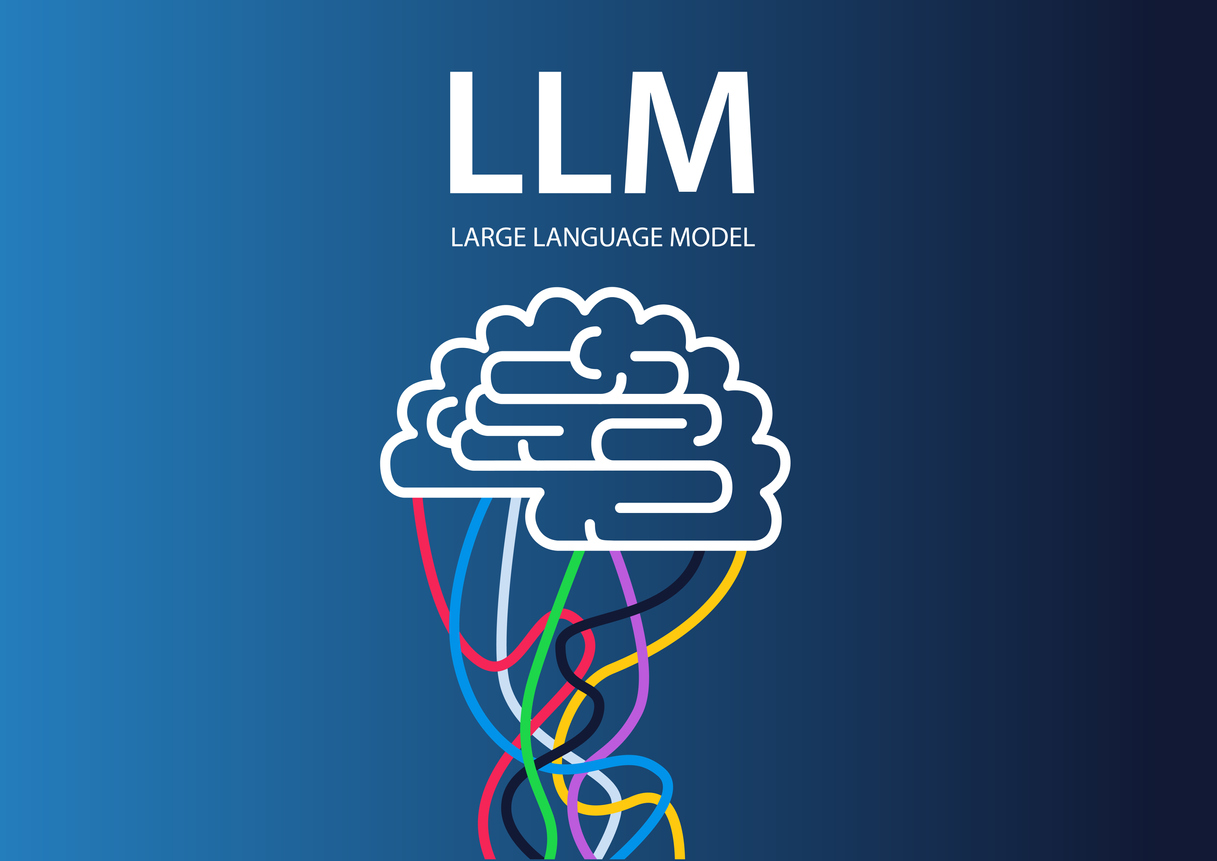AI and Automation in Financial Institution Marketing: A 2023 Perspective

By Xav Harrigin – Micronotes
The Dawn of AI and Automation in Financial Marketing
In the digital epoch, marketing automation, especially within the data-rich financial services industry, has become a necessity rather than a luxury in 2023, empowering financial institutions to remain competitive. This technology enables teams to convert raw data into actions, allowing finance leaders to critically evaluate business strategies, implement solutions, and cultivate stronger business relationships. Artificial Intelligence (AI), the cornerstone of this transformation, extends beyond its traditional role of executing tasks such as identifying optimal advertising placements. As the driving force behind marketing automation trends in 2023, AI facilitates personalization, a key customer demand. A 2021 McKinsey & Co research substantiates this, revealing that 71% of customers anticipate personalized interactions from companies, with those excelling at personalization generating 40 percent more revenue from these activities than their average counterparts. Thus, AI emerges as the indispensable tool enabling this level of personalization.
The Imperative for Automation in Financial Institution Marketing
In 2023, financial institutions face a myriad of marketing challenges. These include budget constraints, the need for hyper-personalized content marketing, and the shift toward digitalized conversational marketing. Managing large customer databases is a daunting task, with the need to align marketing strategies with customer needs and organizational priorities. Furthermore, the push for personalization has intensified, with customers demanding more than just a name on an email subject line. Balancing digitization with evolving risks and sustainability is another challenge, especially in the wake of the pandemic that accelerated the adoption of digital tools.
However, automation offers a promising solution to these challenges. Marketing automation is a crucial way for companies to save time and money. By automating both complex and simple processes, teams are given time to spend on more critical tasks. According to The Business Research Company, the global marketing automation market size saw a compound annual growth rate of 12.3% between 2022 and 2023. This rise in the adoption rate of automation signifies a shift towards putting certain aspects of strategy on autopilot, allowing for more efficient resource allocation and the ability to focus on other sales strategies.
The Indispensable Role of AI in Automating Financial Institution Marketing
Artificial Intelligence (AI) has become an indispensable tool in analyzing large amounts of data to provide insights and make predictions. As noted by the Harvard Business Review in 2023, AI’s power to gather, analyze, and utilize enormous volumes of individual customer data has been recognized for its ability to achieve precision and scale in personalization. This sentiment is echoed by Persado in 2023, stating that AI-powered marketing tools are infinitely smarter than their predecessors, with traditional marketing tools using human-generated algorithms that tell machines what to do.
AI-powered tools such as chatbots, recommendation systems, and predictive analytics have been instrumental in improving customer service, personalizing marketing campaigns, and optimizing marketing strategies. In the realm of regulatory compliance, AI has been a game-changer. KPMG, in 2023, emphasized the importance of AI in ensuring resilience and vigilance in the face of evolving regulatory landscapes. Thomson Reuters also highlighted in 2023 how AI has helped financial institutions to do more with less, managing the growing volume and breadth of regulation while dealing with new markets, products, and threats created by technology.
The Future of AI in Financial Institution Marketing
In 2023, several emerging trends in AI and automation have been transforming the marketing landscape. Machine learning and natural language processing have been at the forefront of these advancements. Machine learning has been instrumental in analyzing customer behavior and predicting future trends, while natural language processing has been used to understand and respond to customer queries in real-time.
However, the adoption of AI in marketing also comes with potential challenges and ethical considerations. As highlighted by the Harvard Business Review in 2023, generative AI, while popular, comes with a degree of ethical risk. Organizations must prioritize the responsible use of AI to avoid potential pitfalls such as bias, privacy invasion, and misuse of data. Forbes also noted in 2023 that ethical AI has been a concern for many years, and global jurisdictions are finally starting to accelerate AI ethics legislation. This means that businesses must not only focus on leveraging AI for marketing but also ensure they are doing so in an ethical and legally compliant manner.
The Future of Financial Institution Marketing with AI and Automation
The role of AI and automation in financial institution marketing is not just transformative, but revolutionary. AI has the potential to analyze vast amounts of data, provide valuable insights, make accurate predictions, and most importantly, execute on those insights. AI-powered tools such as chatbots, recommendation systems, and conversational marketing automation systems are improving customer service, personalizing marketing campaigns, and optimizing marketing strategies. However, as we embrace these emerging trends in AI and automation, it is imperative for businesses to not only leverage AI for marketing but also ensure they are doing so in an ethical and legally compliant manner. Financial institutions that can effectively harness the power of these technologies while navigating their complexities will be the ones to lead the industry.




